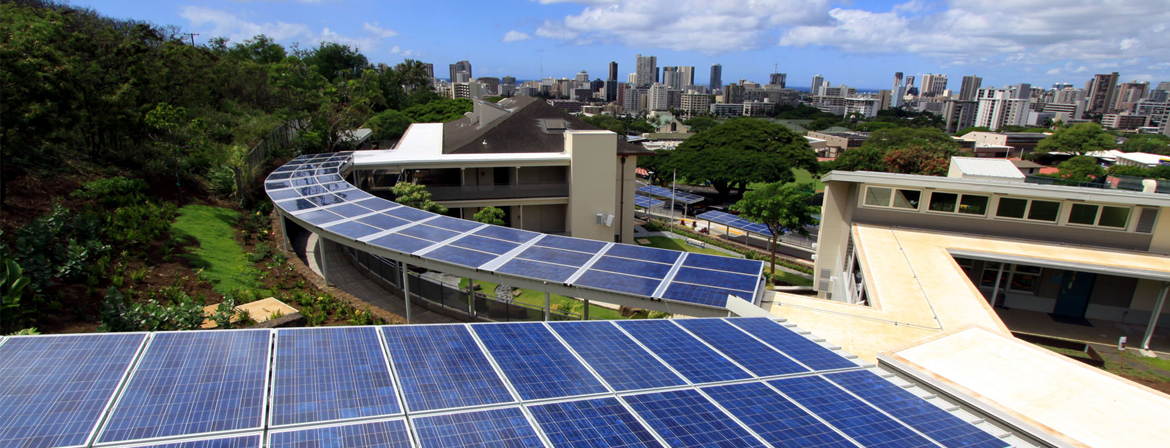Household Actions Can Provide a Behavioral Wedge to Rapidly Reduce US Carbon Emissions
Dietz, T., Gardner, G.T., Gilligan, J., Stern, P.C., Vandenbergh, M.P. (2009). Household actions can provide a behavioral wedge to rapidly reduce US carbon emissions. Proceedings of the National Academy of Sciences of the United States of America, 106(44), 18452-18456.
A Behavioral Analysis of Peaking in Residential Electrical-Energy Consumers
Kohlenberg, R., Phillips, T., & Proctor, W. (1976). A behavioral analysis of peaking in residential electrical-energy consumers. Journal of Applied Behavior Analysis, 9(1), 13-18.
A Review of Intervention Studies Aimed at Household Energy Conservation
Abrahamse, W., Steg, L., Vlek, C., & Rothengatter, T. (2005). A review of intervention studies aimed at household energy conservation. Journal of Environmental Psychology, 25(3), 273-291.
Why are Energy Policies Acceptable and Effective?
Steg, L., Dreijerink, L., & Abrahamse, W. (2006). Why are Energy Policies Acceptable and Effective?. Environment and Behavior, 38(1), 92-111.
A Group Contingency for Electricity Conservation in Master-Metered Apartments
Slavin, R., Wodarski, J., & Blackburn, B. (1981, September). A group contingency for electricity conservation in master-metered apartments. Journal of Applied Behavior Analysis, 14(3), 357-363.
Evaluation of a Major Financial Incentive for In-Home Energy Conservation
Anderson, C. D., Colwill, N. L. & Kent, P. (1983). Evaluation of a major financial incentive for in-home energy conservation. Journal of Economic Psychology, 4, 4, 363-376.
Personal and Contextual Influences on Household Energy Adaptations
Black, J. S., Stern, P. C. & Elworth, J. T. (1985). Personal and contextual influences on household energy adaptations. Journal of Applied Psychology, 70, 1, 3-21.
Household Income, Electricity Use, and Rate-Structure Preferences
Blocker, T. J. & Koski, P. R. (1984). Household income, electricity use, and rate-structure preferences. Environment and Behavior, 16, 5, 551-572.
Energy Conservation Techniques as Innovations, and their Diffusion
Darley, J. M. (1977-78). Energy conservation techniques as innovations, and their diffusion. Energy and Buildings, 1, 339-343.
Why Is it So Hard to Sell "Savings" as a Reason for Energy Conservation?
Feldman, S. (1987). Why is it so hard to sell "savings" as a reason for energy conservation?. Energy Efficiency: Perspectives on Individual behavior, 27-40.



